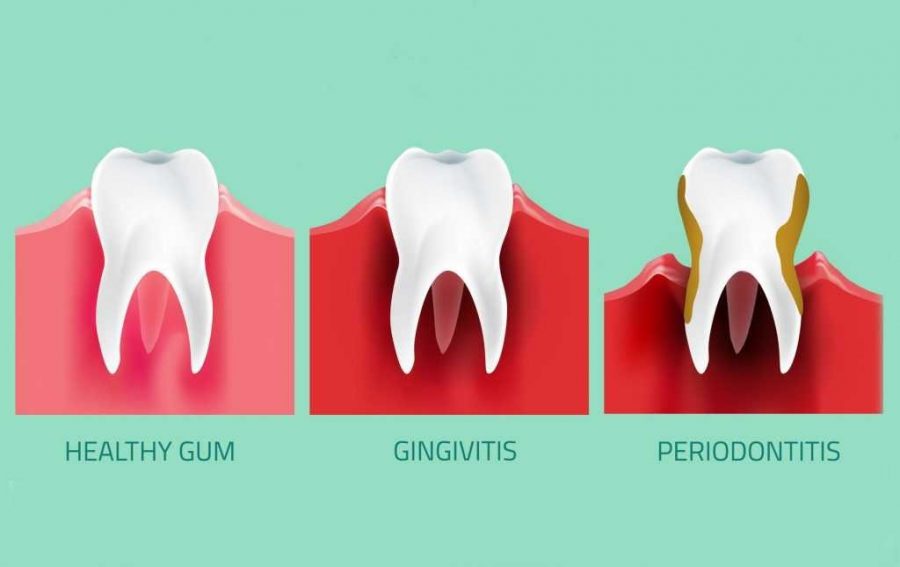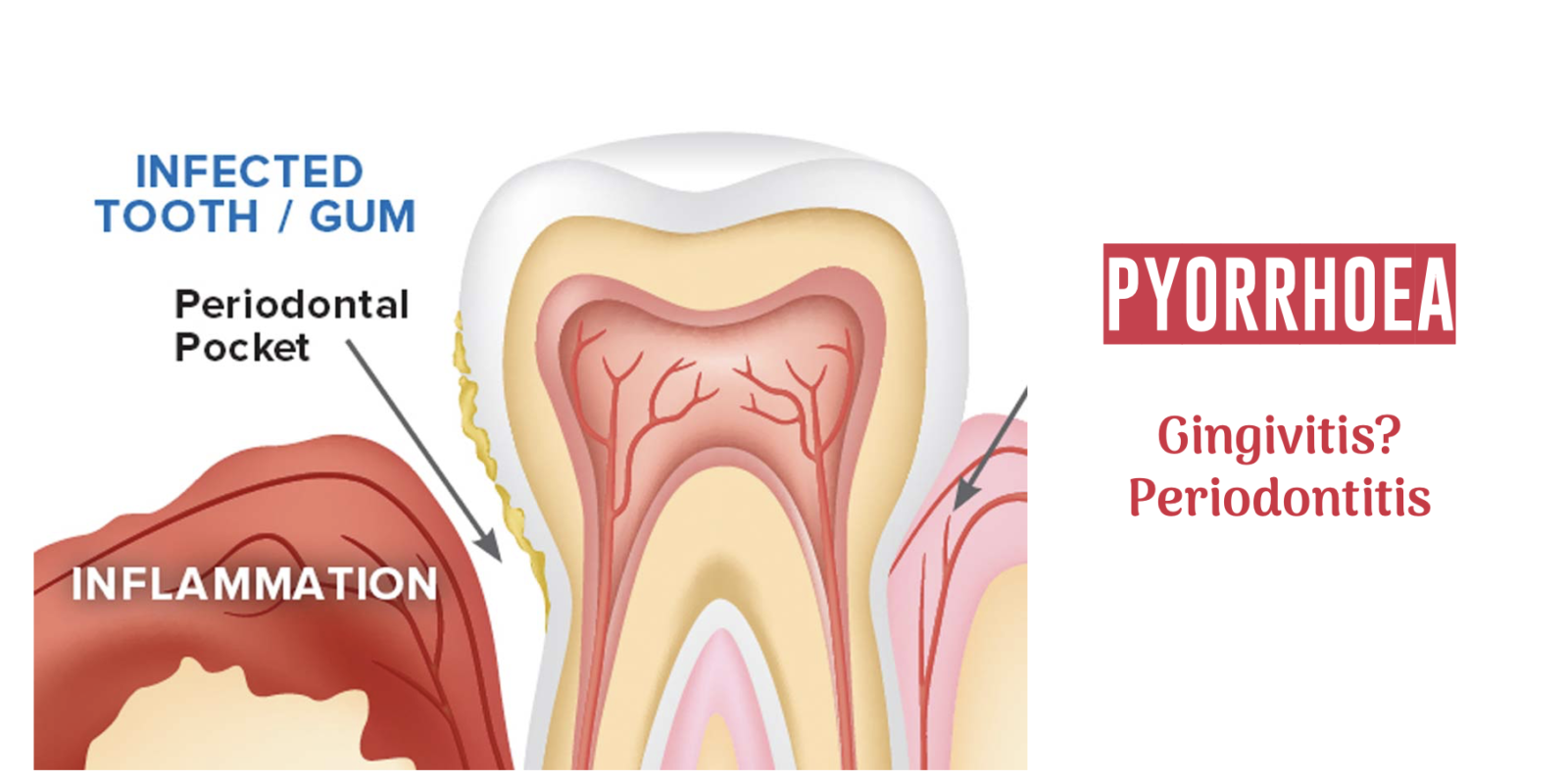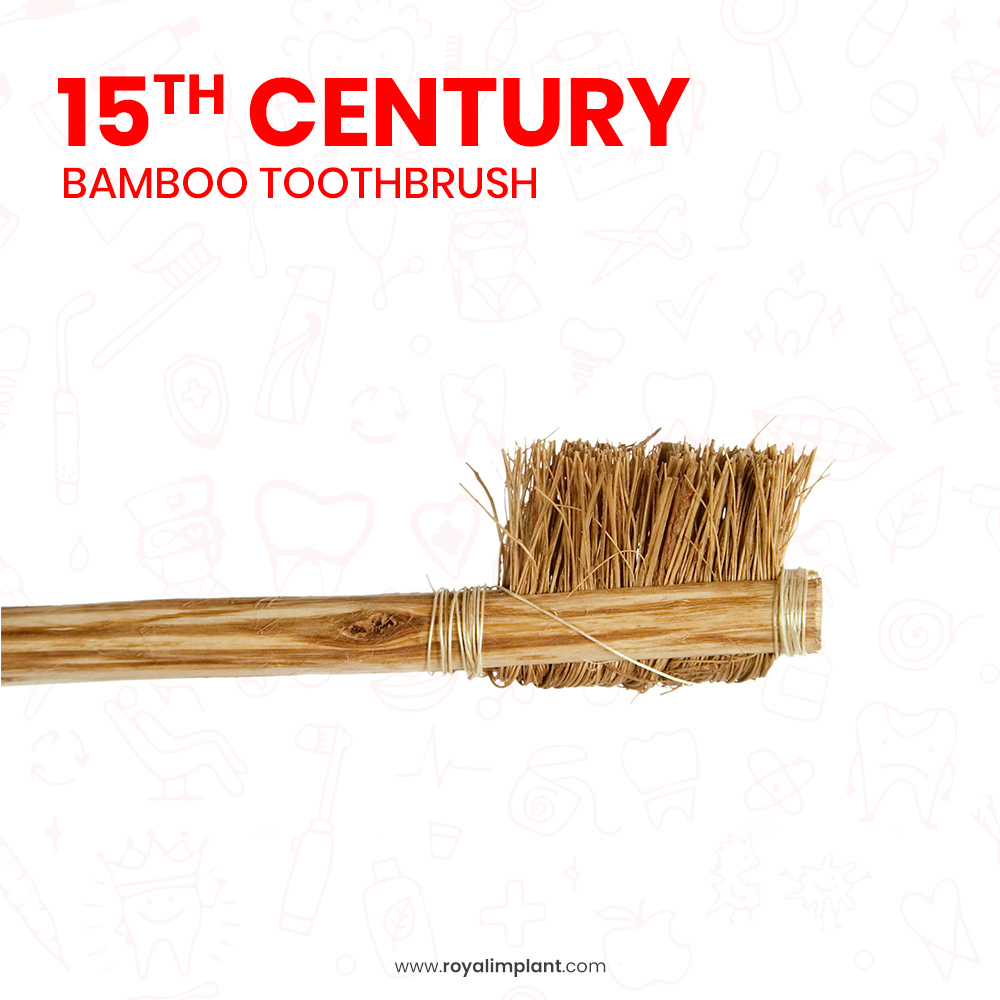Humans have been chowing on tree sap, leaves, and even grass for centuries. But cavemen didn’t have access to the abundance of sugar-rich snacks we enjoy today. As a result, hunter-gatherers were not plagued with oral diseases like gingivitis and periodontal disease. Researchers believe that this is because early humans had a balanced diet of plant fibers that kept their bacteria happy and healthy. Today, however, the prevalence of sugary snacks has caused an epidemic of gum disease in modern humans. So what does science tell us about early humans and gingivitis? Read on to find out.
Study Finds Ancient Ancestors Had Better Oral Health
Published in the British Dental Journal, the study examined over 300 skulls discovered at a Romano-British burial ground in Poundbury, England for signs of oral disease. Just 5% of the skulls examined showed signs of moderate to severe gum disease, compared to the world’s modern population, of which between 15% to 30% suffer from advanced periodontitis.
What is the cause of gum disease?
Periodontal disease, is caused by an overgrowth of bacteria in your mouth. Bacteria live in your mouth in small numbers, but they can become harmful when they build up and cause an infection. When left untreated, gum disease can cause your gums to recede around your teeth, leading to tooth loss. The bacteria that cause gingivitis thrive in food remnants that accumulate between teeth and along the gum line.

In people with low levels of oral hygiene, the bacteria can quickly multiply and cause gum inflammation, which is the start of periodontal disease. The bacteria release toxins that inflame the gums and cause them to swell up, making it difficult for your mouth to fight infections.
Why is gum disease so prevalent today?
An abundance of sugary snacks and drinks has led to an epidemic of gum disease in modern humans. The bacteria that cause gum disease thrive on sugar, so making a healthy choice when snacking can help reduce your risk of gum disease. Early humans had a balanced diet of plant fibers that kept their bacteria happy and healthy. However, the abundance of sugary snacks in the modern diet has caused a massive increase in harmful bacteria that cause gingivitis.

What did early humans eat?
Early humans’ diets were rich in plant fibres and low in sugar. They ate plenty of nuts, seeds, and vegetables, which are all high in water and fiber and low in sugar. As a result, their bacterial species was perfectly balanced and healthy. Humans also ate some sugary foods, but only in small amounts. Grapes, for example, were a delicacy for early humans, who also used honey in their cooking.
Summing up
Periodontal disease, however, is not a modern phenomenon, as traces of the disease have been found in the remains of ancient Egyptians and referenced in writings from early Sumerians, Assyrians, Babylonians, and Chinese. Early humans had a balanced diet of plant fibers that kept their bacteria happy and healthy. In return, their teeth were strong and free from gum disease. However, the abundance of sugary snacks in the modern diet has caused a massive increase in harmful bacteria that cause gum disease.






